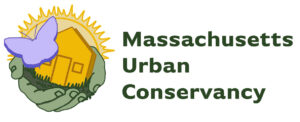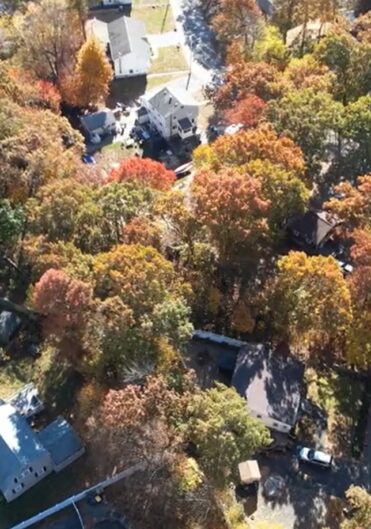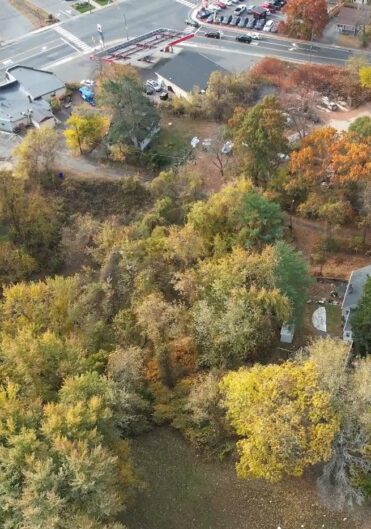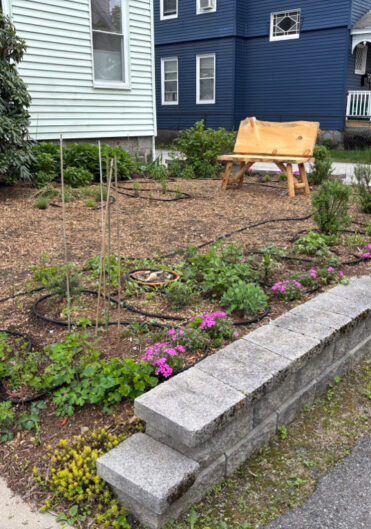MUC Projects in the Works
MUC is a new conservancy, developing a unique model to create and restore biodiversity in Massachusetts cities and towns.
We have several types of projects in mind. We list our desired project types below.
Have another idea? Tell us your idea, no matter how unconventional it may be! Email: info[AT]muc[DOT]bio
Donate Unbuildable Land
Status: At Capacity
Lots in Randolph and Springfield have been generously donated for our first projects. We will soon be ready to accept more; please be in touch to get added to our waitlist.
We at MUC know that there are thousands of small land parcels that tag along with other deeds, or which are acquired individually in the hope of getting a building permit. These lots are typically designated unbuildable. They are often leftover corner lots from a building project, or sit on a slope or wetlands. They are usually overgrown, untended and serving no purpose (except, perhaps, as a collection ground for litter and detritus). Yet, year after year, owners of such lots are saddled with property tax payments and insurance but receive no return on their investment.
As an ongoing endeavor, we are soliciting donations of these lots for the purpose of transforming them from idle, urban eyesores into thriving mini-forests and rich ecosystems that deliver countless benefits to the community, and to the planet’s biodiversity. For donors, a tax liability is lifted off their annual expense sheet.
Contact us (email: eweld AT muc DOT bio) to donate your unbuildable urban lot.
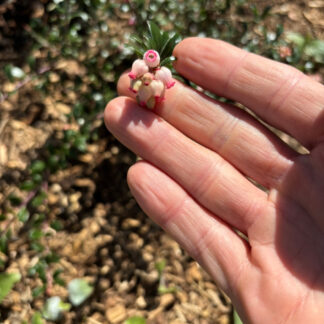
Discovering native plants
Have you ever seen flowers like this? Native plants like this bear berry (Arctostaphylos uva-ursi) offer more than just beautiful lawn replacements. They are the foundational food and shelter to all the animals and plants in North America. This shrub will serve as ground cover and weed block in our Worcester yard garden. CC BY-SA Massachusetts Urban Conservancy.
Science Teacher Partnerships
Status: Planning stage
Our first teacher partnership is in Springfield, Mass at the Springfield Honors Academy. All school districts are welcome to reach out!
Our teacher partners anticipate widening their curricula to include units on biodiversity, urban ecology, biogeochemical cycles, animal behavior, impacts of climate change, tree growth and much more, using the advantages of our living, urban forest laboratories. Students will have opportunities to view and engage in stages of nature from early ecosystem creation through tree and plant growth, pollinator and animal habitat restoration and forest maturity.
With biodiversity education among our primary goals, we are excited to foster these and more teacher and student collaborations.
Lawn Replacement
Status: First project complete. Opportunities Available.
Our first lawn replacement has been completed in Worcester!
Lawn replacement involves removing grass, weeds or brush in untended parts of a property and replacing it with a mix of native plants. In this way we eliminate mulching, mowing, raking, watering, and winter cut-backs. Weeding is still required for small areas.
Lawn replacement through MUC currently has an up-front cost; this provides a return on investment through lower landscaping costs. Please be in touch for a no-cost, no obligation estimate.
